Going Smokefree Matters: Casinos
Every worker deserves to breathe smokefree air. 75% of regular casino goers want smokefree casinos.1

- There is no risk-free level of secondhand smoke2
- Cleaning the air, creating separate smoking sections, and ventilating buildings cannot eliminate exposure to secondhand smoke.2
- Heating, air conditioning and ventilation systems alone cannot eliminate exposure to secondhand smoke2
- 100% smokefree workplace policies are the only effective way to eliminate secondhand smoke exposure in the workplace2
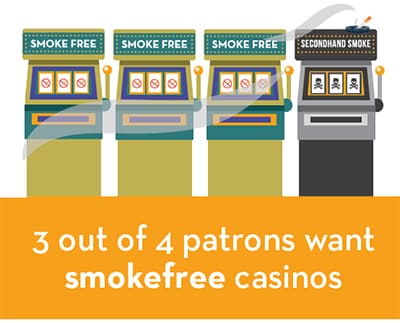
Heart disease
Lung Cancer
Respiratory disease
Exposure to secondhand smoke causes an estimated 41,000 deaths from lung cancer and heart disease among adults each year in the United States.4
- Improve Air Quality
- Improve Health
- Receive Public Support
- Reduce Secondhand Smoke Exposure
- Reduce Smoking
- Result in High Levels of Compliance
NIOSH recommends establishing smokefree areas that protect from secondhand smoke and electronic cigarette emissions including:5
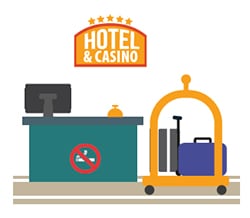
All indoor areas without exceptions
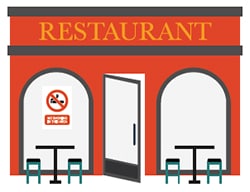
All areas immediately outside building entrances and air intakes
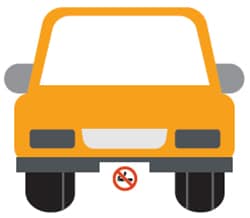
All work vehicles
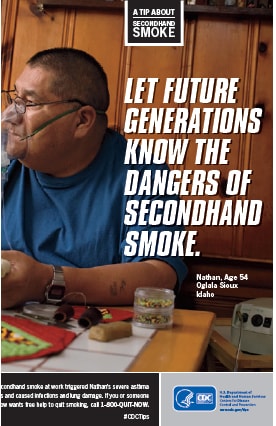
Nathan, a Native American and member of the Oglala Sioux tribe, never smoked cigarettes. For 11 years, he worked at a casino that allowed smoking. Secondhand smoke contains dangerous chemicals. The exposure to secondhand smoke caused him to develop allergies and serious infections that triggered asthma attacks, eventually causing permanent lung damage called bronchiectasis. Nathan’s lung damage led to his death on October 17, 2013. He was 54.
- Tynan, M. A., Wang, T. W., Marynak, K. L., Lemos, P., & Babb, S. D. (2019). Attitudes Toward Smoke-Free Casino Policies Among US Adults, Public Health Reports.
- U.S. Department of Health and Human Services. The Health Consequences of Involuntary Exposure to Tobacco Smoke: A Report of the Surgeon General—Executive Summary. U.S. Department of Health and Human Services, Centers for Disease Control and Prevention, Coordinating Center for Health Promotion, National Center for Chronic Disease Prevention and Health Promotion, Office on Smoking and Health, 2006.
- U.S. Department of Health and Human Services. The Health Consequences of Smoking—50 Years of Progress: A Report of the Surgeon General. Atlanta, GA: U.S. Department of Health and Human Services, Centers for Disease Control and Prevention, National Center for Chronic Disease Prevention and Health Promotion, Office on Smoking and Health, 2014.
- U.S. Department of Health and Human Services. A Report of the Surgeon General: Secondhand Smoke: What It Means to You. Atlanta: U.S. Department of Health and Human Services, Centers for Disease Control and Prevention, National Center for Chronic Disease Prevention and Health Promotion, Office on Smoking and Health, 2006.
- NIOSH [2015]. Current intelligence bulletin 67: promoting health and preventing disease and injury through workplace tobacco policies. By Castellan RM, Chosewood LC, Trout D, Wagner GR, Caruso CC, Mazurek J, McCrone SH, Weissman DN. Morgantown, WV: U.S. Department of Health and Human Services, Centers for Disease Control and Prevention, National Institute for Occupational Safety and Health, DHHS (NIOSH) Publication No. 2015-113.


